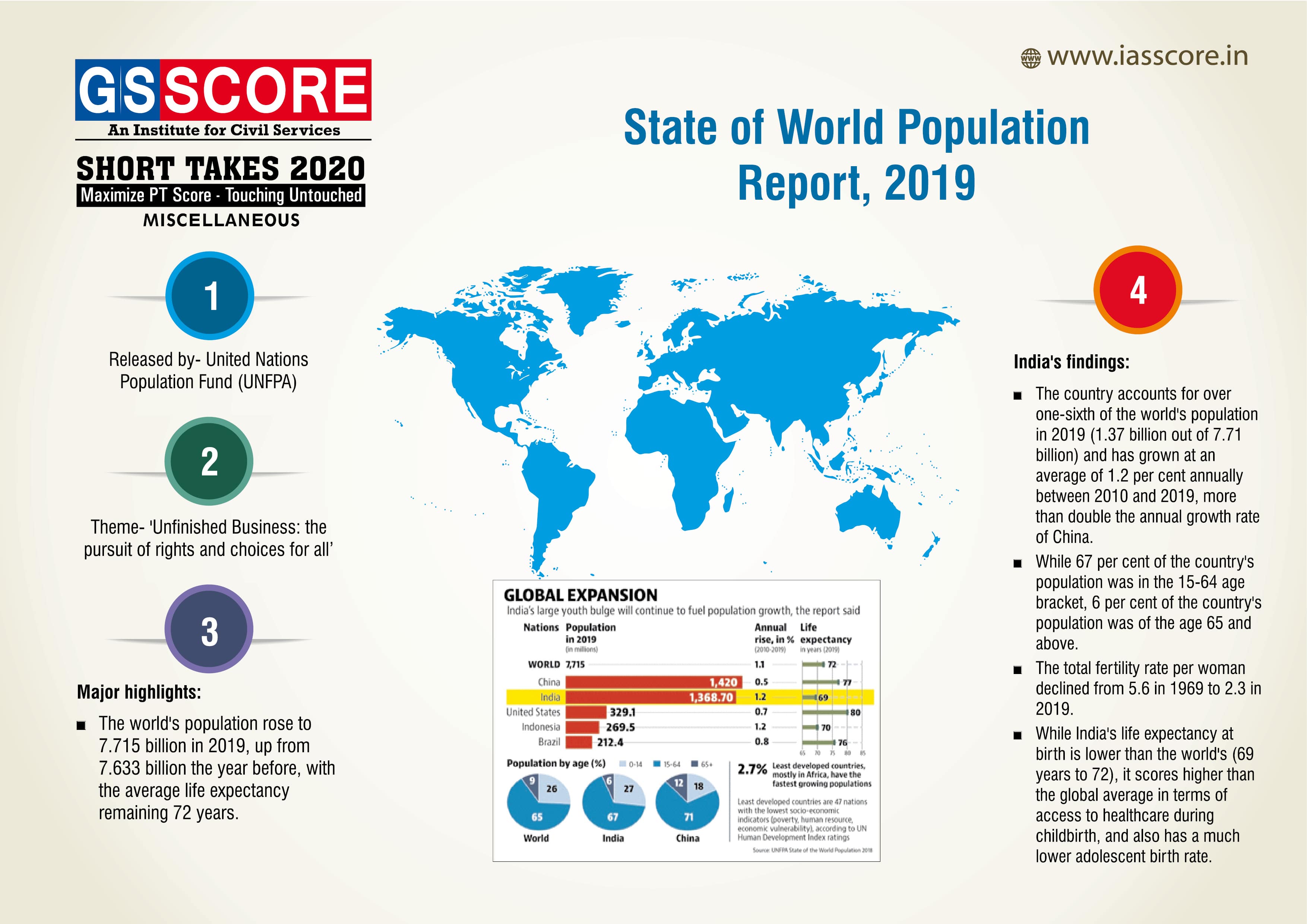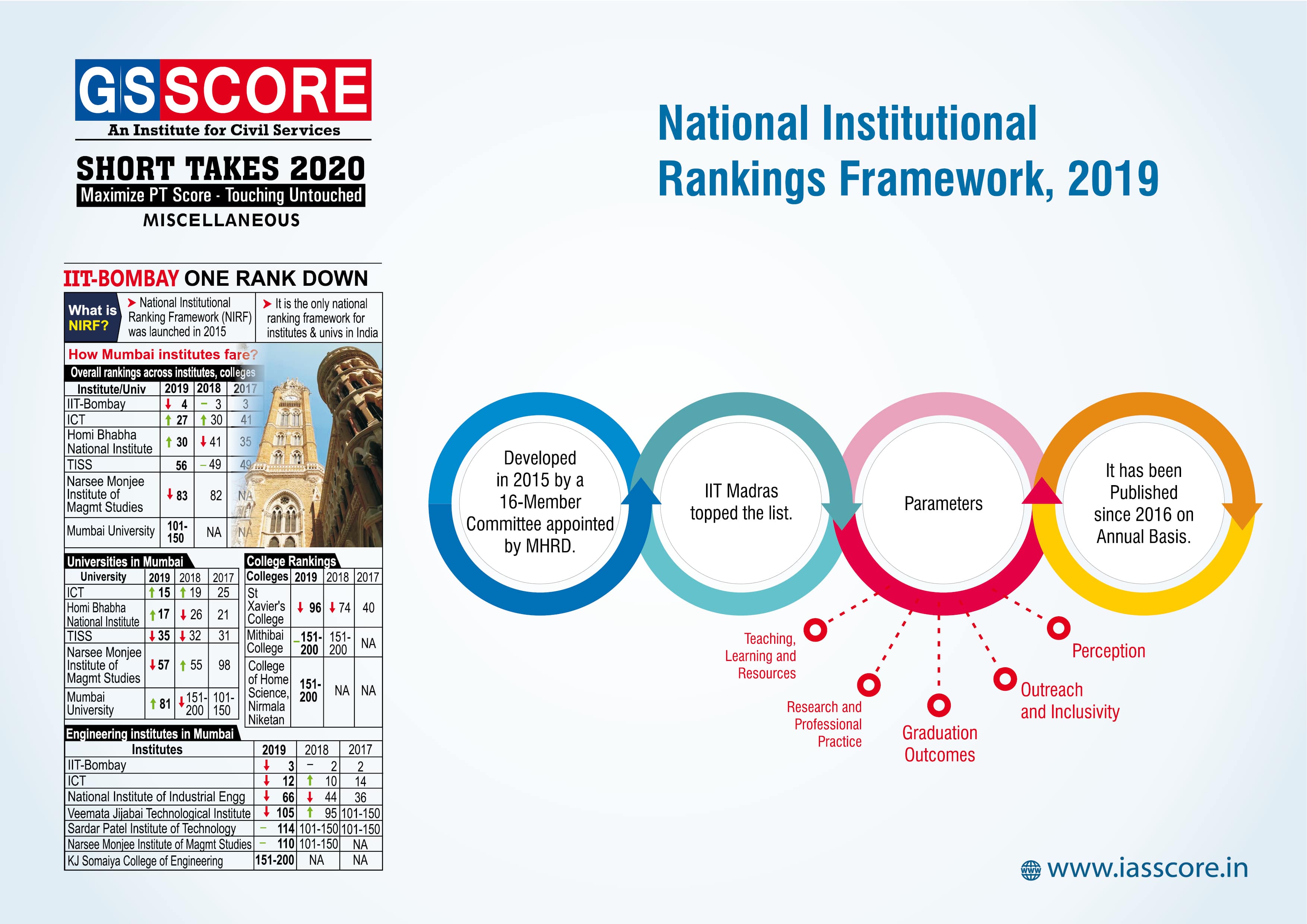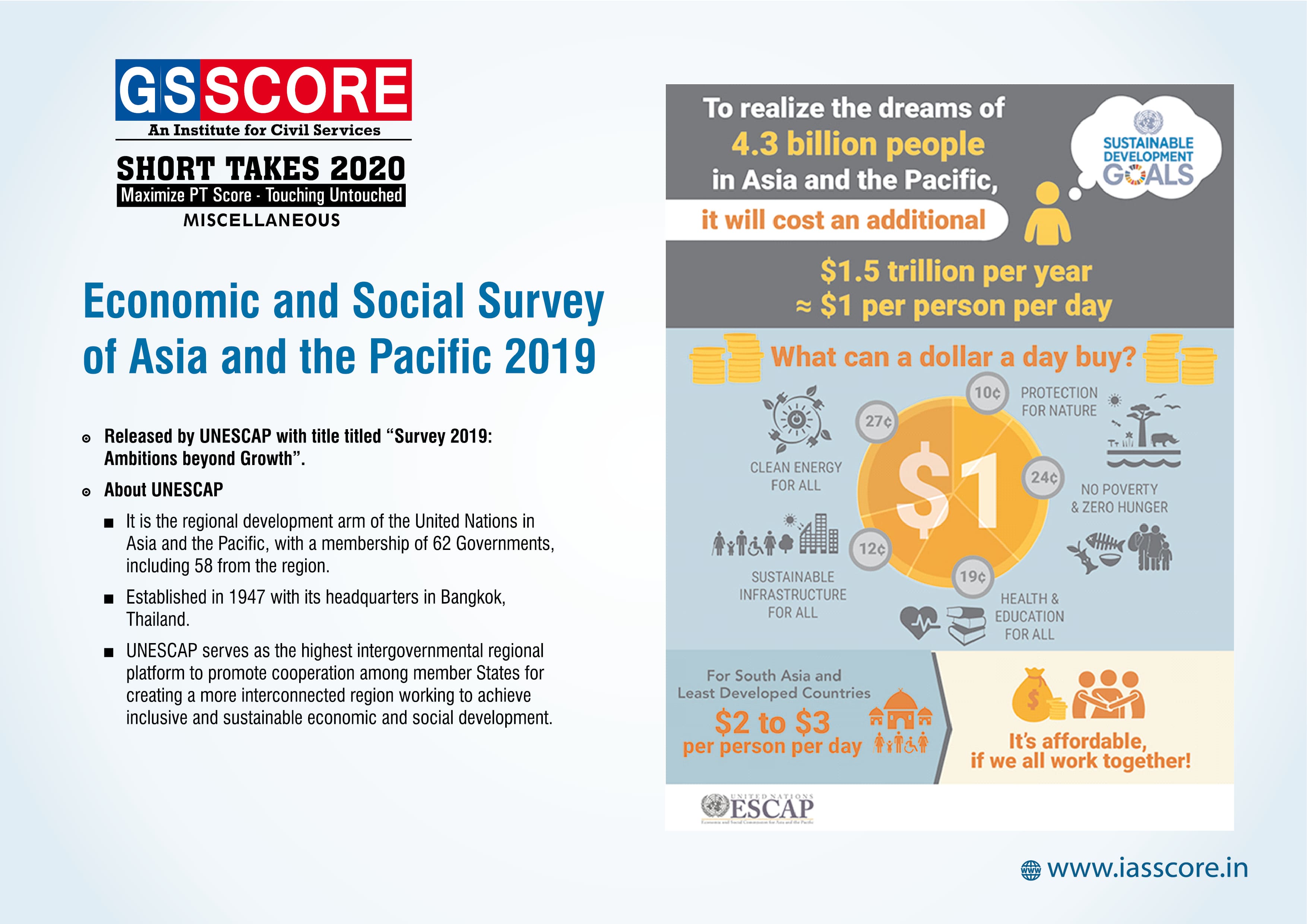Polity: State Executive
SIXTH SCHEDULE OF INDIAN CONSTITUTION
Context
- The Union Cabinet approved a constitutional amendment to increase the powers of the autonomous councils in the Sixth Schedule areas of the Northeast and plans to introduce the bill in the upcoming budget session.
- The Finance Commission will be mandated to recommend devolution of financial resources to them.
What it means?
- The cabinet approves landmark amendment to Article 280 and Sixth Schedule of the Constitution. The amendments will significantly improve the financial resources and powers of the autonomous districts councils in Assam, Meghalaya, Mizoram and Tripura.
- The move would mean that close to 1 crore people in 10 autonomous district councils would have more access to funds for local development.
Who will benefit from the move?
Three districts in Assam-Karbi Anglong, North Kachar Hills Autonomous District Council, Bodo Autonomous District Council, three in Meghalaya; Khasi, Garo and Jaintia Hills, three in Mizoram; Lai, Chakma and Mara, and one in Tripura- Tripura Tribal Areas Autonomous District Council will benefit from the move.
DATA PROTECTION BILL, 2019
Context
- The Personal Data Protection Bill, 2019 has been introduced in Lok Sabha by the Minister of Electronics and Information Technology, Mr. Ravi Shankar Prasad, on December 11, 2019.
- The Bill seeks to provide for protection of personal data of individuals, and establishes a Data Protection Authority for the same.
About the Bill
- The Personal Data Protection bill, drafted by a panel headed by a former Supreme Court judge and submitted to the government last year, is key for how firms including global tech giants Amazon, Facebook, Alphabet's Google and others process, store and transfer Indian consumers' data.
- Broad guidelines on collection, storage and processing of personal data, consent of individuals, penalties and compensation, code of conduct and an enforcement model is likely to be a part of the law.
- Personal data is data which pertains to characteristics, traits or attributes of identity, which can be used to identify an individual.
- The Bill categorises certain personal data as sensitive personal data. This includes financial data, biometric data, caste, religious or political beliefs, or any other category of data specified by the government, in consultation with the Authority and the concerned sectoral regulator.
Applicability
The Bill governs the processing of personal data by:
- government,
- companies incorporated in India, and
- foreign companies dealing with personal data of individuals in India
About the Rights of the individual
The Bill sets out certain rights of the individual (or data principal). These include the right to:
- obtain confirmation from the fiduciary on whether their personal data has been processed,
- seek correction of inaccurate, incomplete, or out-of-date personal data,
- have personal data transferred to any other data fiduciary in certain circumstances, and
- restrict continuing disclosure of their personal data by a fiduciary, if it is no longer necessary or consent is withdrawn.
Why companies are worried?
- The proposed law may have a considerable impact on MNCs operating in India, whether with or without a physical presence, due to its data localisation requirements and cross-border data transfer restrictions.
- The Reserve Bank of India had, in April last year, issued a data localisation directive, mandating all authorised payment system operators and banks to store payment systems data only in India.
- This led to various ambiguities in the requirements as well as industry pushback on the strict requirements imposed, especially by global payment companies.
Grounds for processing personal data-
- The Bill allows processing of data by fiduciaries only if consent is provided by the individual. However, in certain circumstances, personal data can be processed without consent.
- These include: (i) if required by the State for providing benefits to the individual, (ii) legal proceedings, (iii) to respond to a medical emergency.
Conclusion
- The Bill amends the Information Technology Act, 2000 to delete the provisions related to compensation payable by companies for failure to protect personal data. The central government may direct data fiduciaries to provide it with any: (i) non-personal data and (ii) anonymised personal data (where it is not possible to identify data principal) for better targeting of services.
ANGLO-INDIANS - NOMINATION QUOTA AND HISTORY
Context
- Recently, Parliament passed the Constitution (126th Amendment) Bill, extending reservation for SC/STs but doing away with the provision for nomination of Anglo Indians to Lok Sabha and some state Assemblies.
About
- Article 331 of the Constitution Provides for nomination of two Anglo-Indians to Lok Sabha. It says: “Notwithstanding anything in Article 81, the President may, if he is of opinion that the Anglo-Indian community is not adequately represented in the House of the people, nominate not more than two members of that community to the House of the People.” The 126th Amendment does away with this.
- The idea of such nominations is traced to Frank Anthony, who headed the All India Anglo-Indian Association. Article 331 was added in the Constitution following his suggestion to Jawaharlal Nehru.
- Article 333 deals with representation of the Anglo-Indian community in Legislative Assemblies. It says: “Notwithstanding anything in Article 170, the Governor of a State may, if he is of opinion that the Anglo-Indian community needs representation in the Legislative Assembly of the State and is not adequately represented therein, [nominate one member of that community to the Assembly].”
- Currently 14 Assemblies have one Anglo-Indian member each: Andhra Pradesh, Bihar, Chhattisgarh, Gujarat, Jharkhand, Karnataka, Kerala, Madhya Pradesh, Maharashtra, Tamil Nadu, Telangana, Uttar Pradesh, Uttarakhand and West Bengal. The 126th Amendment does away with this as well.
- According to the 10th Schedule of the Constitution, Anglo-Indian members of Lok Sabha and state Assemblies can take the membership of any party within six months of their nomination. But, once they do so, they are bound by their party whip. The Anglo-Indian members enjoy the same powers as others, but they cannot vote in the Presidential election because they are nominated by the President.
Who are Anglo-Indians?
- The Anglo-Indian community in India traces its origins to an official policy of the British East India Company to encourage marriages of its officers with local women.
- The term Anglo-Indian first appeared in the Government of India Act, 1935.
- In the present context, Article 366(2) of the Constitution Of India states: “An Anglo-Indian means a person whose father or any of whose other male progenitors in the male line is or was of European descent but who is domiciled within the territory of India and is or was born within such territory of parents habitually resident therein and not established there for temporary purposes only…”
- According to 2011 Census there are only 296 people who identified themselves as belonging to the sect Anglo Indian. However, All India Anglo Indian Association contested the data and asserts that there are many more Anglo-Indians in the country.
Conclusion
- The All India Anglo-Indian Association has contested the population figures given by 2011 census.
- 296 number is very low and how come there can be nominated members in Assemblies when the census shows no Anglo-Indians in those states.
- There is urgent need to relook into the issue and find out the actual population of the community.
- There was no need to end the nomination to the Lok Sabha and the state Assemblies of Anglo Indians if they were not fairly represented.
GOVERNOR
Articles 153 to 167 in Part VI of the Constitution deal with the state executive.
- The state executive consists of the Governor, The Chief Minister, The Council of Ministers and the Advocate General of the State.
- Usually, there is a Governor for each state, but the 7th Constitutional Amendment Act of 1956 facilitated the appointment of the same person as a Governor for two or more states.
- He is appointed by the President by warrant under his hand and seal.
- A Governor holds office for a term of five years from the date on which he enters upon his office.
- He can resign at any time by addressing a resignation letter to the President.
POWERS AND FUNCTIONS OF GOVERNOR
A. Executive Powers
- Governor being the head of the state executive, all executive action is expresses to be taken in the name of the Governor.
- Appointments –
- The Chief Minister and other ministers with the advice of the Chief Minister. He has to appoint the leader of the party having absolute majority in the legislative assembly as the Chief Minister. However, in case of no party having a clear cut majority in the House, the Governor may use his discretion.
- Advocate-General
- Chairman and the members of the State Public Service Commission.
- Members of the subordinate judiciary (District Judge and below).
- Vice-Chancellors of state universities.
- The Governor is the Chancellor of the universities run by the state.
- Though the Governor has no power to appoint the Judges of the state High Court, he may be consulted by the President in such appointment.
B. Legislative powers
- The Governor is a part of the legislature (Art. 168). In this capacity he performs the following legislative functions:
- To summon, prorogue and dissolve the legislative Assembly.
- Right to address the legislature and to send messages to it.
- No Bill can become a law unless the Governor gives assent to it. He can give his assent, withhold his assent or use the pocket veto to a state Bill.
- He nominates one member of the Anglo-Indian community to the state assembly and one-sixth of the members of the legislative council from among persons having special experience in art, science, literature, social service or cooperative movement.
- Art. 200: Assent to Bills
- When a Bill has been passed by the Legislature of a State, it shall be presented to the Governor who may accept or reject the Bill.
- In the case of Bills other than Money Bills, he may return to the legislature for reconsideration.
- Governor may also reserve the Bill for consideration of the President.
- When a Bill is returned to legislature by the Governor, it must be passed again to be accepted by the Governor.
- In essence as per the Article 200, when a Bill passed by the Legislature of a State is presented to the Governor, he has four option:
- he assents to the Bill when it becomes an Act
- he withholds assent
- he returns the Bill to the Legislature for reconsideration
- he reserves time Bill for the consideration of the President
- Art. 201 Bills reserved for consideration
- When a Bill is reserved by a Governor for the consideration of the President, the President shall declare either that he assents to the Bill or that he withholds assent in case of a Money Bill.
- In other Bills, he may return the Bill for repassage— the third option for the President.
- The repassed Bill need not be assented to by the President and he may return it again and again. Thus, it is an absolute veto
- Also, there is no time limit within which the President should take a decision.
- There have been instances where Bills have been pending with the President for periods up to six years or more.
- The most recent Bill to be reserved by the Governor for the Presidential assent is the GUJCOC Bill Gujarat Control of Organised Crime Bill for which the President has expressed the need for three changes and returned it.
C. Financial Power
-
- He causes to be laid before the legislature Annual Financial Statement (Art-202)
- Money bill cannot be introduced in the State Legislative Assembly without the prior permission of the Governor.
- The annual and supplementary budgets are introduced in the Assembly in the name of the Governor.
- No demand for grant can be made except on his recommendation.
- The Governor has the control over the State Contingency Fund, without his assent the fund cannot be drawn upon.
D. Judicial Power
-
- He is consulted by President while appointing judges to the State High Court.
- According to the Article 161, the Governor possesses the power to suspend, remit or commute the sentence of any person convicted of any offence against any law to which executive power of state extends.
- Pardon: completely absolve offender from all punishments.
- Reprieves: stay on the execution of the sentence for a temporary period.
- Respite: awarding lesser punishment on special grounds.
- Remission: reduction of sentence without changing its character
- Commutation: Substitution of one form of punishment for another form which is of a lighter character.
E. Discretionary powers of the Governor
- Art. 163 - There shall be a Council of Ministers headed by the Chief Minister to aid and advise the Governor and the Governor shall exercise his powers according to such advice except where the Constitution requires him to act in his discretion.
- There are two types of situations in which the Governor is expected to use his discretion:
- Those, which are implied by the nature of Parliamentary democracy and the Constitution.
- Those where the Constitution has expressly imposed special responsibility on the Governor.
SPECIAL RESPONSIBILITY POWERS OF GOVERNOR
- Art. 371 (1) - Special responsibility of the Governor of Maharashtra and Gujarat for the establishment of development boards for Vidarbha, Marathwada, Saurashtra and Kutch, etc.
- Art. 371A - Special responsibility of the Governor of Nagaland with respect to law and order so long as internal disturbances occur in some area of the state. To establish a regional council for Tuensang district to arrange for equitable allocation of Money between Tuensang district and the rest of Nagaland.
- Art. 371 C (1) - Special responsibility of the Governor of Manipur to secure the proper functioning of a committee of the members of the legislative Assembly consisting of the members representing the hill area.
- Art. 371F (g) - Special responsibility of the Governor of Sikkim for the peace and for an equitable arrangement for ensuring the advancement of different section of the population of Sikkim.
- Art. 371H (a) - Special responsibility of the Governor of Arunachal Pradesh with respect to law and order.
- The 6th Schedule provides that the Governor of Assam shall determine the amount payable by the state of Assam to the district council as royalty accruing form licenses for minerals.
Chief Minister And Council Of Minister
- In parliamentary system of government provided by the Constitution, the Governor is the nominal executive authority and the Chief Minister is the real executive
- Before the Chief Minister enters his office, The Governor administers to him the oaths of office and secrecy.
Appointment
- The Constitution does not contain any specific procedure for the selection and appointment of the Chief Minister
- Article 164 only says that the Chief Minister shall be appointed by the Governor.
- The Governor has to appoint the leader of the majority party in the state legislative assembly as the Chief Minister.
- But, when no party has a clear majority in the assembly, then the Governor may exercise his personal discretion in the selection and appointment of the Chief Minister.
- The Governor may have to exercise his individual judgement in the selection and appointed of the Chief Minister when the Chief Minister in office dies suddenly and there is no obvious successor.
- A person who is not a member of the state legislature can be appointed as Chief Minister for six months, within which time, he should be elected to the state legislature, failing which he ceases to be the Chief Minister.
Powers and Functions of Chief Minister
- In Relation to Council of Ministers
- The Governor appoints only those persons as ministers who are recommended by the Chief Minister.
- He allocates and reshuffles the portfolios among Ministers.
- He can ask a Minister to resign or advise the Governor to dismiss him in case of difference of opinion.
- He presides over the meetings of the Council of Ministers and influences its decisions.
- He guides, directs, controls and coordinates the activities of all the Ministers.
- He can bring about the collapse of the Council of Ministers by resigning from office. Since the Chief Minister is the head of the Council of Ministers, his resignation or death automatically dissolves the Council of Ministers. The resignation or death of any other minister, on the other hand, merely creates a vacancy, which the Chief Minister may or may not like to fill.
- In Relation to the Governor
- He is the principal channel of communication between the Governor and the Council of Ministers.
- It is the duty of the Chief Minister:
- To communicate to the Governor of the state all decisions of the Council of Ministers relating to the administration of the affairs of the state and proposals for legislation;
- To furnish such information relating to the administration of the affairs of the state and proposals for legislation as the Governor may call for; and
- If the Governor so requires, to submit for the consideration of the Council of Ministers any matter on which a decision has been taken by a Minister but which has not been considered by the Council.
- He advises the Governor with regard to the appointment of important officials like Advocate General, Chairman and members of the State Public Service Commission, State Election Commissioner, and so on.
- In Relation to State Legislature
- He advises the Governor with regard to the summoning and proroguing of the sessions of the State Legislature.
- He can recommend the dissolution of the Legislative Assembly to the Governor at any time.
- He announces the Government policies on the floor of the house.
- Other Powers and Functions
- He is the chairman of the State Planning Board.
- He acts as a Vice-Chairman of the concerned Zonal Council by rotation, holding office for a period of one year at a time.
- He is a member of the Inter-State Council and the National Development Council, both headed by the Prime Minister.
- He is the Chief spokesman of the state government.
- He is the crisis manager-in-chief at the political level during emergencies.
- As a leader of the state, he meets various sections of the people and receives memoranda from them regarding their problems, and so on.
- He is the political head of the services
Council of Minister
- The total number of Minister, including the Chief Minister, in the Council of Minister in a state shall not exceed 15 percent of the total strength of the Legislative Assembly of that state. But, the number of Ministers, in a state shall not be less than 12 (including Chief Ministers).
- This provision was added by the 91st Amendment Act of 2003.
- They are determined by the Chief Minister according to the exigencies of the time and requirements of the situation.
- The difference between them lies in their respective ranks, emoluments, and political importance. At the top of all these ministers stands the Chief Minister- supreme governing authority in the state.
- The Cabinet Ministers head the important departments of the state government like home, education, finance, agriculture and so forth. They are members of the cabinet, attend its meetings and play an important role in deciding policies. Thus, their responsibilities extend over the entire gamut of state government.
- The Ministers of State can either be given independent charge of departments or can be attached to Cabinet Ministers. However, they are not members of the Cabinet and do not attend the Cabinet meetings unless specially invited when something related to their departments are considered by the Cabinet.
- Next in rank are the Deputy Ministers. They are not given independent charge of departments. They are attached to the Cabinet Ministers and assist them in their administrative, political and parliamentary duties. They are not members of the Cabinet and do not attend Cabinet meetings.
State of World Population Report, 2019

National Institutional Rankings Framework, 2019

Global Food Policy Report-2019

Kafala (Sponsorship) System
_System-min.jpg)
Economic and Social Survey of Asia and the Pacific 2019



